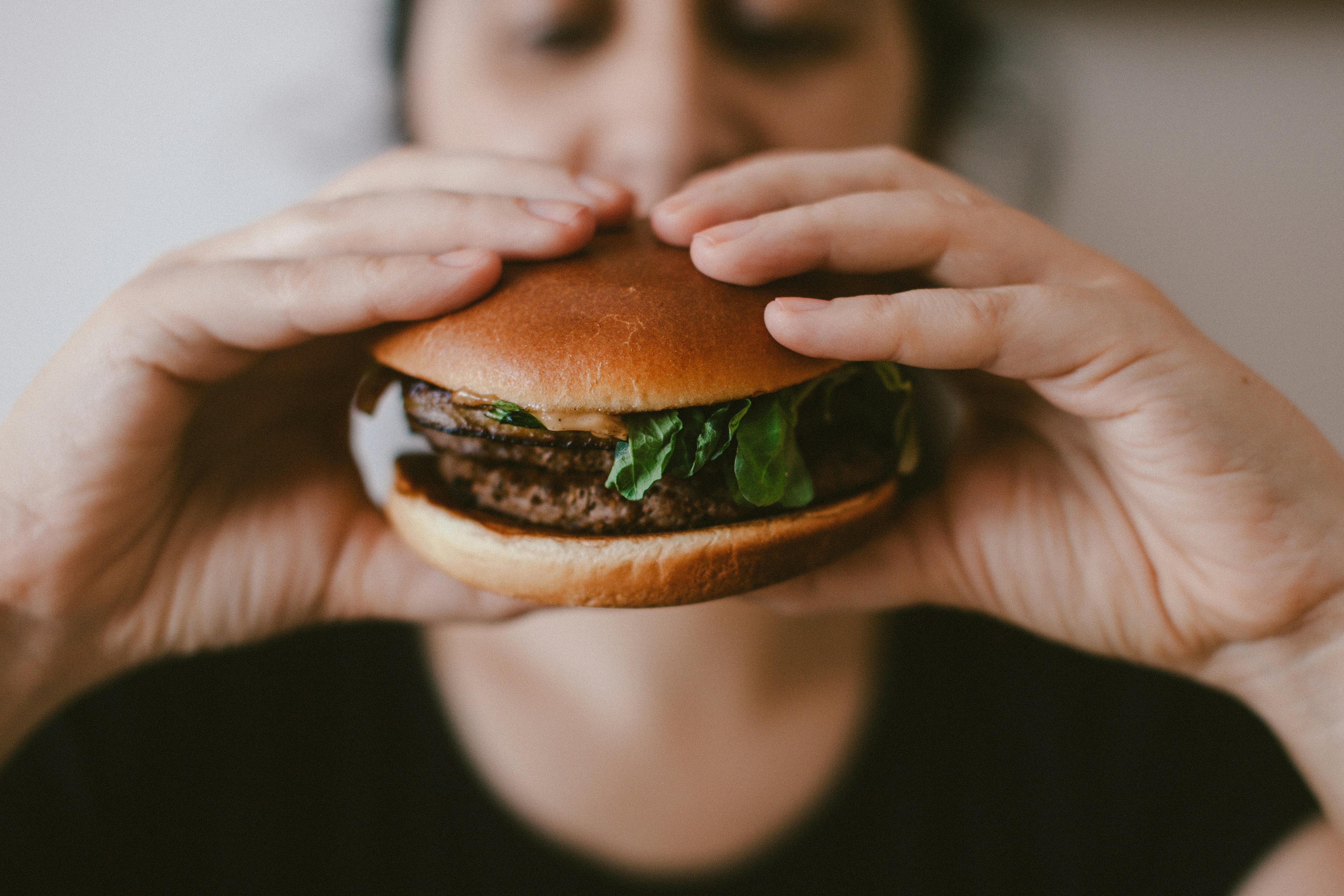Media release
From:
People on Ozempic who eat to regulate emotions less likely to lose weight
Scientists studying people taking GLP-1 receptor agonists like Ozempic found that those who experienced emotional eating were less likely to lose clinically significant weight
Although GLP-1 receptor agonists like Ozempic or Wegovy can make a life-changing difference for people with diabetes who need to better control their blood glucose levels or lose weight, some people don’t respond to them as well as others, and we don’t know why. Scientists in Japan followed 92 people with diabetes over their first year of taking GLP-1 receptor agonists and found that individuals with different eating patterns responded differently to the drugs. Those who ate in response to external stimuli like tempting food sights and smells experienced more significant weight loss than individuals who ate in response to negative emotions.
GLP-1 receptor agonists like Ozempic can be a lifeline for people with diabetes — helping stabilize blood glucose and lose weight which contributes to diabetes complications. But not everyone benefits equally. Scientists monitoring 92 individuals with diabetes in Japan over their first year of taking GLP-1 drugs found that people’s reasons for overeating may affect the success of these therapies. Individuals who overeat in response to the sight or smell of tasty food were most likely to respond well to the drugs in the long term, whereas individuals who overeat for emotional reasons were less likely to.
“Pre-treatment assessment of eating behavior patterns may help predict who will benefit most from GLP-1 receptor agonist therapy,” said Prof Daisuke Yabe of Kyoto University, senior author of the article in Frontiers in Clinical Diabetes and Healthcare. “GLP-1 receptor agonists are effective for individuals who experience weight gain or elevated blood glucose levels due to overeating triggered by external stimuli. However, their effectiveness is less expected in cases where emotional eating is the primary cause.”
How people eat
GLP-1 receptor agonists help lower blood glucose through several mechanisms, including boosting insulin secretion, and cause weight loss by modifying appetite. But not everyone loses weight while taking them. To investigate this problem, the researchers focused on people’s relationship to food, and what that might mean for their treatment.
They enrolled 92 people with type 2 diabetes beginning treatment with GLP-1 receptor agonists in Gifu Prefecture, Japan, and tracked their progress during their first year of treatment. At three different points — the beginning of treatment, three months later, and 12 months later — they collected data on participants’ body weight and composition, diet, and a range of relevant blood markers like blood glucose and cholesterol levels. They also asked about their relationship with food.
The scientists were particularly interested in three different types of eating behaviors associated with weight gain: emotional eating, where people eat in response to negative emotions rather than hunger, external eating, where people eat because the food looks great rather than because of hunger, and restrained eating, where people control their diet to lower their weight. In moderation, restrained eating can help with weight loss, but in excess, it can lead to disordered eating.
Different bodies, different results
In general, individuals saw a statistically significant reduction in body weight, cholesterol levels, and body fat percentage over the course of the year, while skeletal muscle mass stayed the same. Blood glucose levels also improved, but the improvements weren’t statistically significant.
However, there were some differences in results based on eating behaviors. At the three-month mark, participants reported more behaviors associated with restrained eating, and fewer behaviors associated with external or emotional eating. However, by the 12-month point, restrained and emotional eating behaviors returned to their baseline levels.
“One possible explanation is that emotional eating is more strongly influenced by psychological factors which may not be directly addressed by GLP-1 receptor agonist therapy,” said Dr Takehiro Kato of Gifu University, second author of the article. “Individuals with prominent emotional eating tendencies may require additional behavioral or psychological support.”
The scientists also didn’t find links between emotional or restrained eating scores at the beginning of treatment and the benefits that participants saw from the drugs by the end of the year. By contrast, the decrease in external eating was sustained over the full year, and people who reported high levels of external eating at the start saw the best results in terms of weight loss and blood glucose levels.
Although this study has the advantage of following individuals with diabetes under real-life conditions, as an observational study using self-reported measures, it can’t determine causation. The researchers also pointed out that this group of people may have been especially highly motivated to try to improve their control over their diabetes, which might have resulted in greater weight loss.
“While our study suggests a potential association between external eating behavior and treatment response to GLP-1 receptor agonists, these findings remain preliminary,” said Yabe. “Further evidence is necessary before they can be implemented in clinical practice. Should future large-scale or randomized controlled trials validate this relationship, incorporating simple behavioral assessments could become a valuable component in optimizing treatment strategies.”



 International
International



